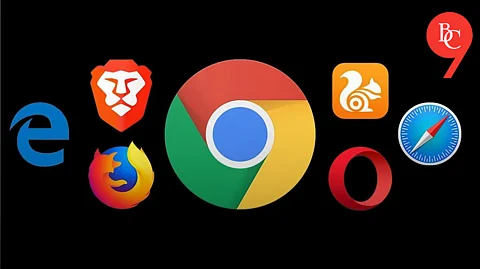How AI Assistants Are Redefining the Browser Wars
In the ever-evolving world of web browsers, a new battleground has emerged: artificial intelligence. As AI chatbots and digital assistants become more powerful and deeply integrated, users are being asked a question that would have seemed odd just a few years ago—would you switch browsers for a better chatbot?
The browser wars of the past were fought over speed, security, and design. Today, the focus has shifted to intelligence. Microsoft Edge, Google Chrome, Opera, and even upstarts like Arc are racing to embed AI chatbots directly into their browsers. From Microsoft’s Copilot in Edge to Google’s Gemini in Chrome, these AI companions promise to help users summarize articles, draft emails, answer questions, and even generate creative content—all without leaving the browser window.
Opera’s Aria and Firefox’s AI experiments show that this trend is not limited to tech giants. The message is clear: the browser is no longer just a gateway to the web, but a smart assistant ready to anticipate your needs.
AI chatbots are changing how we interact with information online. Instead of sifting through dozens of tabs and search results, users can now ask their browser to find answers, compare products, or even write code. For students, professionals, and casual users alike, this means less time searching and more time doing.
For example, Microsoft Edge’s Copilot can help you research a topic, summarize lengthy PDFs, or even generate images for a presentation. Google Chrome’s Gemini can draft emails, answer complex questions, or translate web pages in real time. These features are not just conveniences—they are productivity game-changers.
With so much innovation, users are facing a new kind of choice. Traditionally, browser loyalty has been shaped by habit, performance, and ecosystem lock-in. But as AI assistants become more differentiated, the quality and capabilities of a browser’s chatbot could become the deciding factor.
Would you abandon your familiar browser if a competitor offered a smarter, more helpful AI assistant? Early surveys suggest that a significant number of users are willing to switch for better AI features, especially as these assistants become more integrated with everyday tasks.
Of course, with great power comes great responsibility. Integrating AI chatbots into browsers raises important questions about privacy and data security. Users want to know: How is my data being used? Are my conversations with the chatbot private? Leading browsers are responding by offering more transparent privacy controls and on-device AI processing, but concerns remain.
For many, trust in a browser’s AI will be just as important as its intelligence. Companies that can combine powerful AI features with robust privacy protections are likely to win the loyalty of discerning users.
For users, this means more choice—and more reason than ever to consider switching browsers if a better AI experience is on offer.


